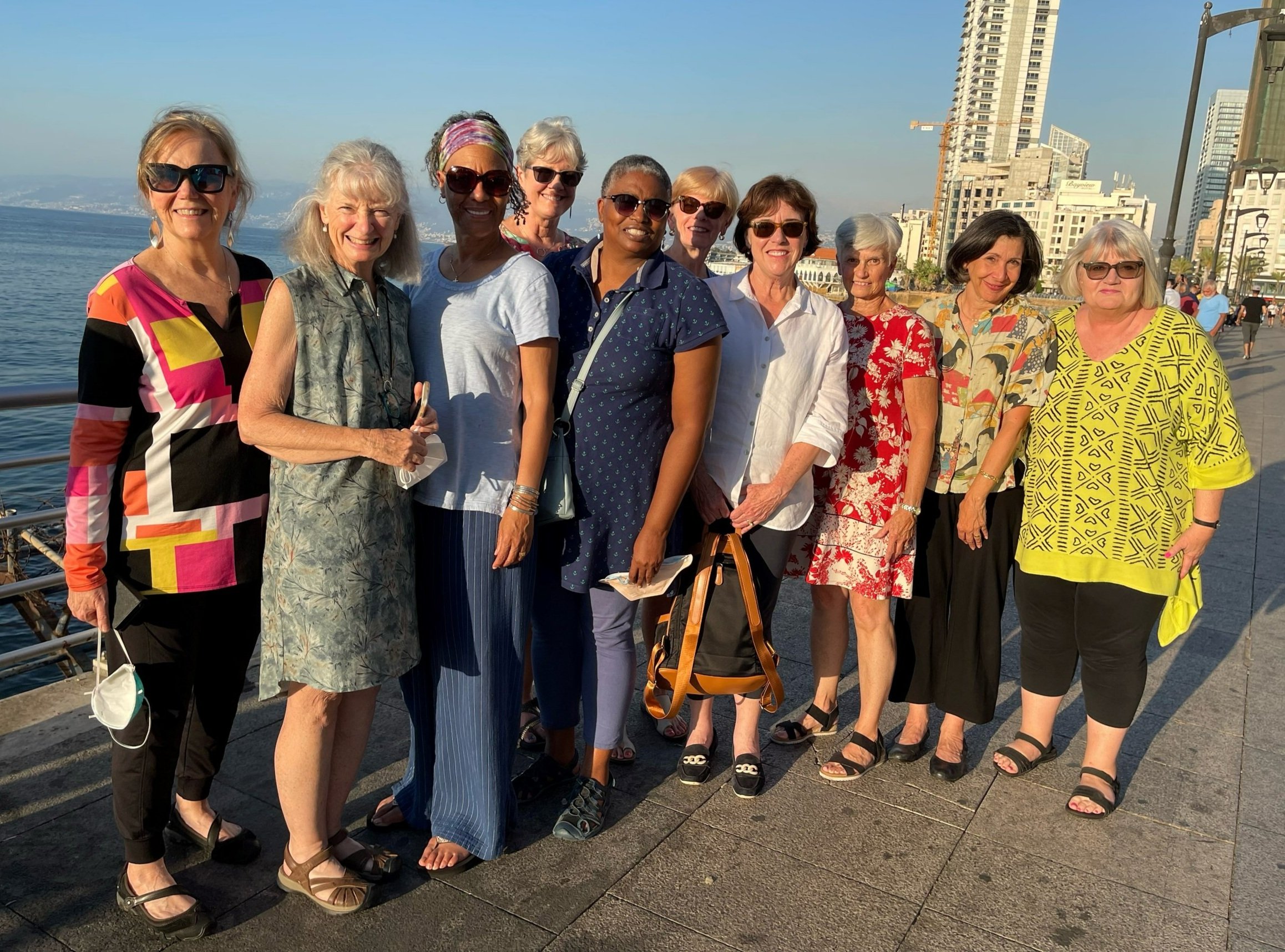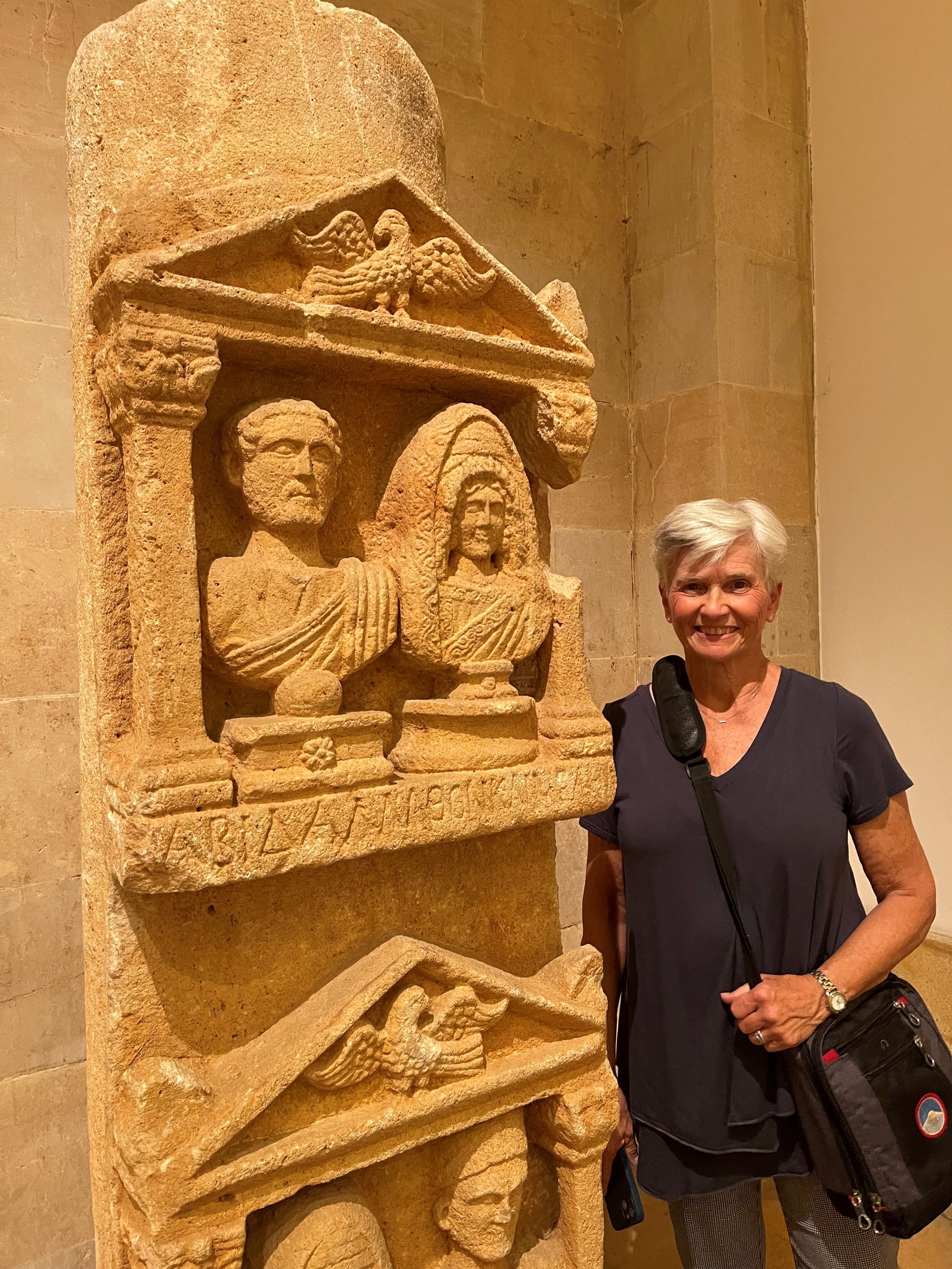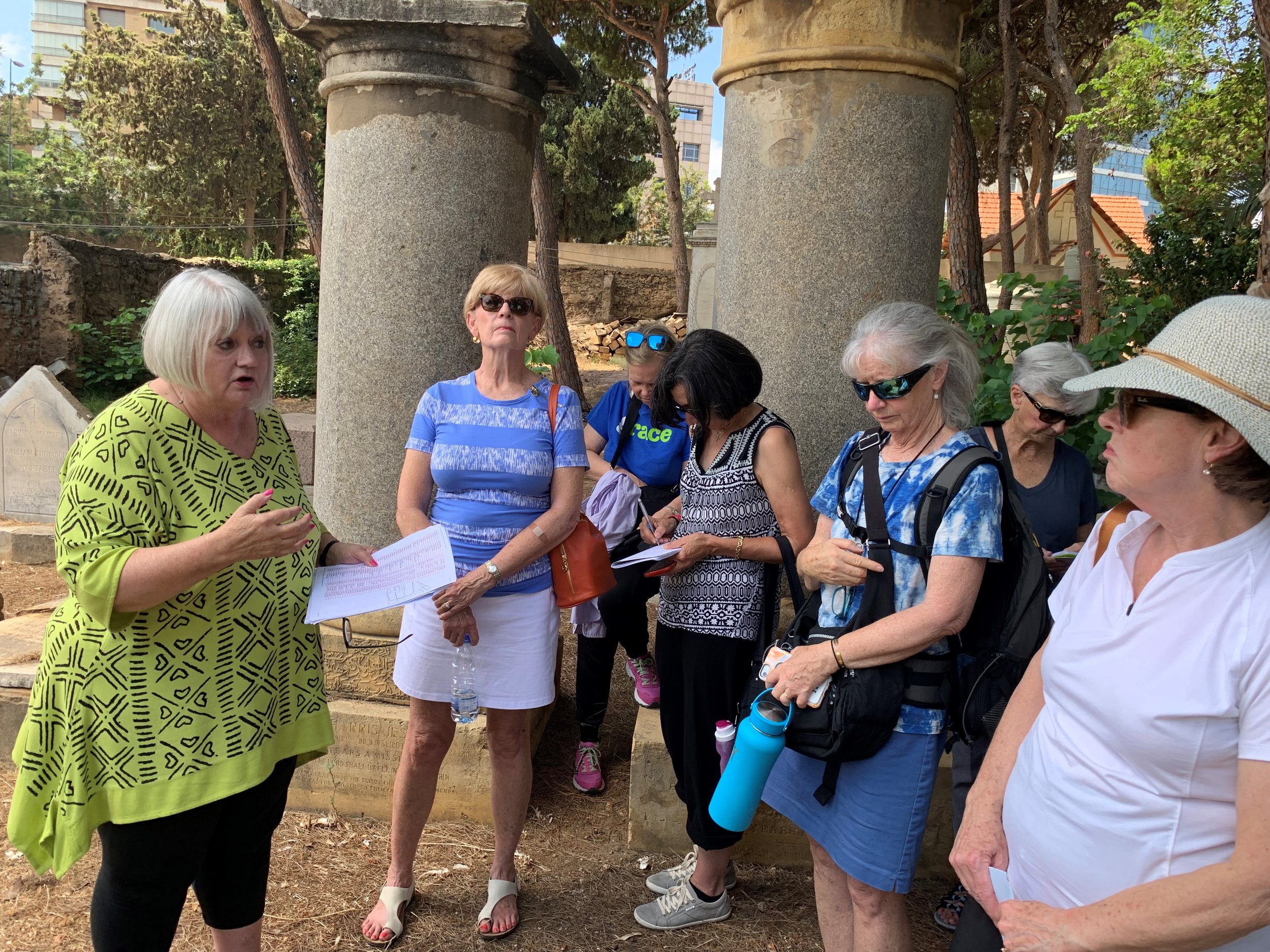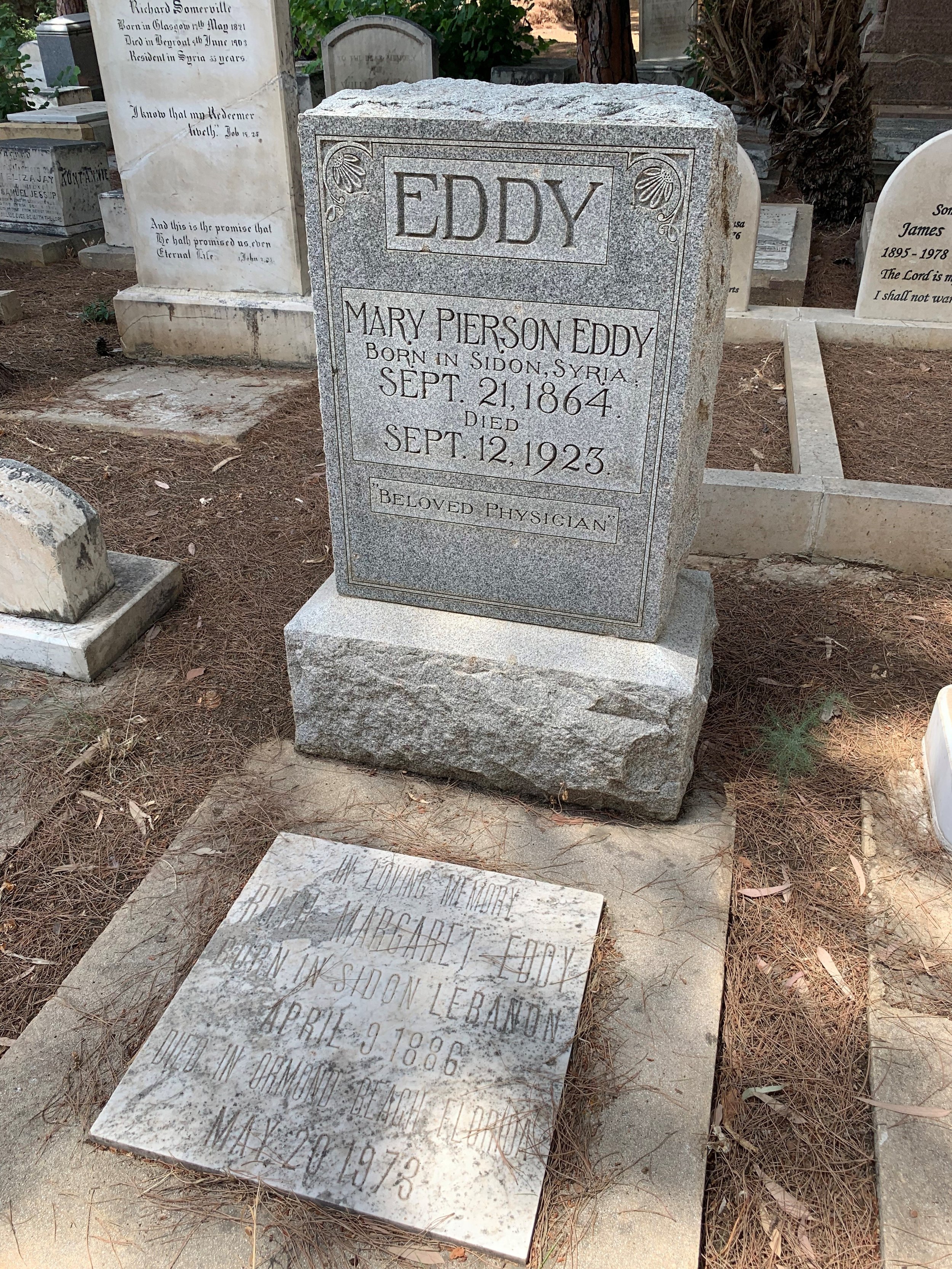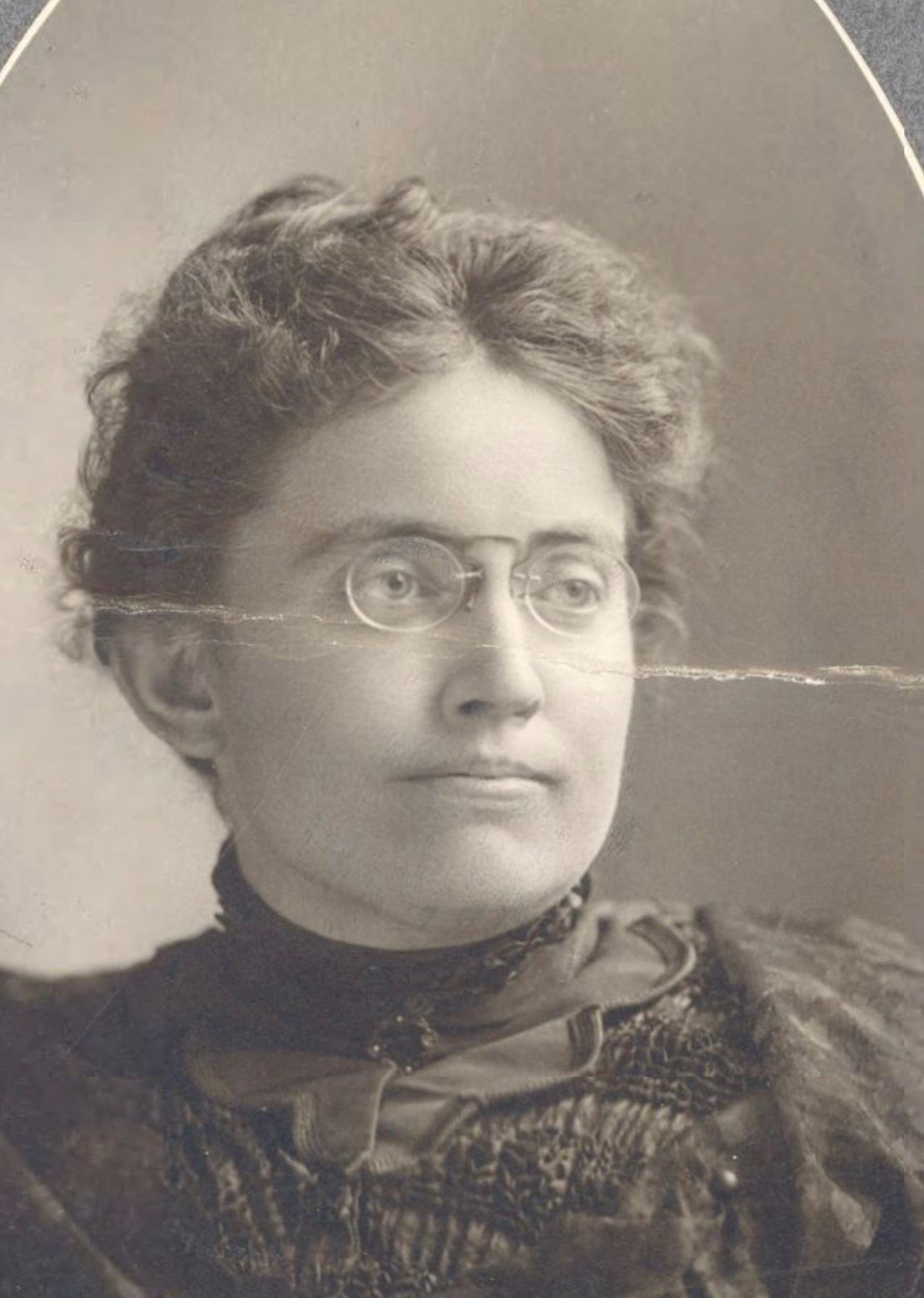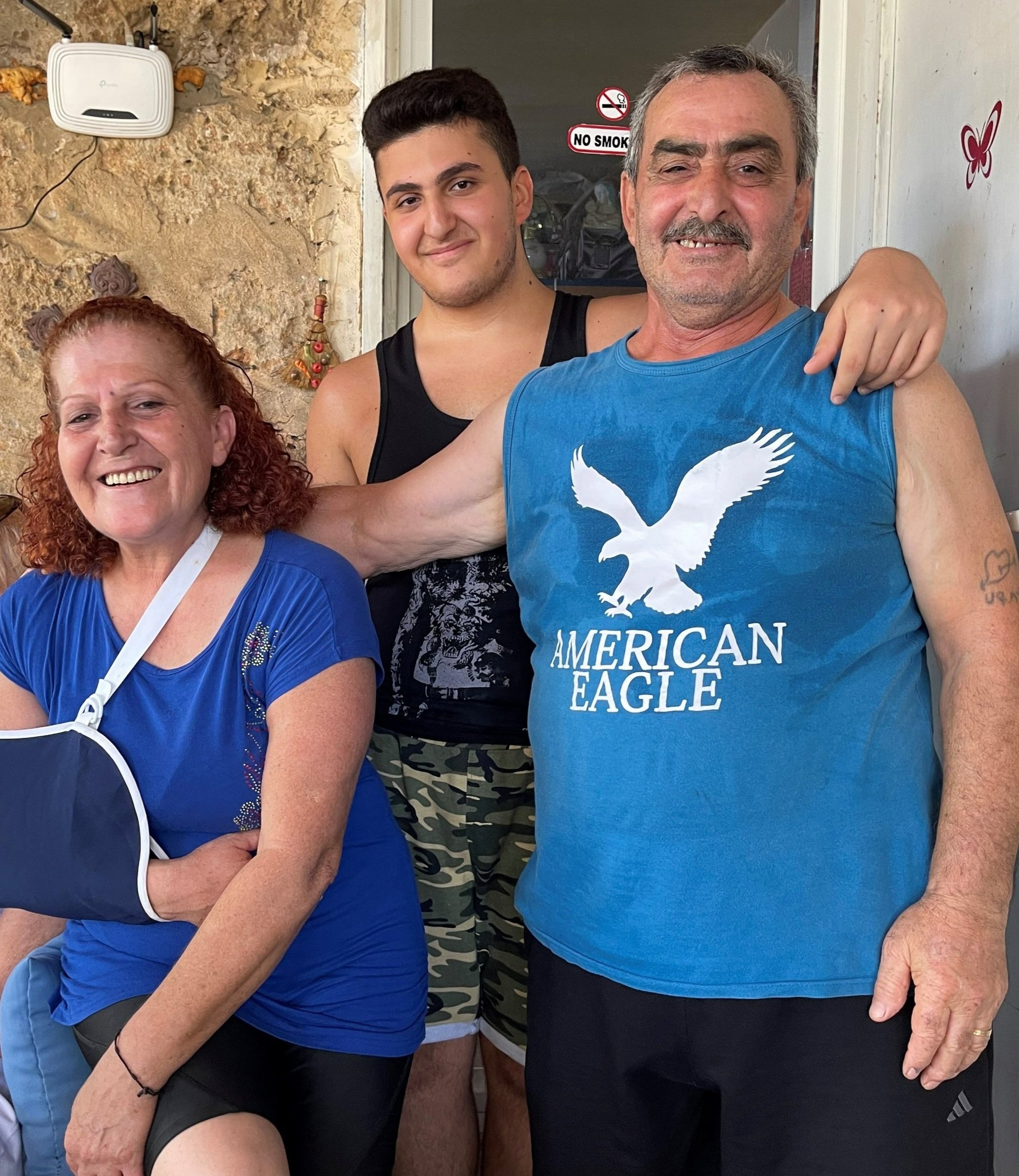Lebanon #1: Roots
Roots
By Marilyn Borst
Associate Director for Partnership Development
Despite all the challenges of international travel these days, our team of 10 arrived without any flight glitches – and, with all of our luggage accompanying us! (Someone must have been praying!)
Four of us are returning to this place we have grown to love (Toby Mueller, Lois Andrews, Lisa Baroody Culpepper, and myself) and six of us are experiencing Lebanon for the first time: Renata Dennis, Barbara Chandler, Christi Ensch, Susan Henry, Mona Lee, and Annette Brewer. Ahlan wa sahlan (welcome) to all!
On this first full day, and as our team tries hard to shake off the effects of a 7-10 hour time change and the weariness of long plane rides, we stumbled forward to get some sense of the rich history of this land. A good place to begin is the Beirut Museum: a rich amalgam of the succession of cultures that have shaped this land: Phoenician, Greek, Roman, and Egyptian. The fascinating faces, long gone, still reflect the lives of real people who left their mark and formed the DNA of Lebanon. A favorite piece of mine is a fresco of the Virgin Mary from a 13th-century church – a reminder of the long history of Christianity in the Middle East.
Having “discovered” the Anglo-American Cemetery on my last visit, I now will include it for all my groups, as this sacred spot is the final resting place for the early missionaries who lived and died here in selfless service to build up the Church: to heal and to teach and to share the Good News through their ministry and in their sacrificial presence. The teacher in me offered a mini, mobile class about some of these remarkable people like Dr. Mary Pierson Eddy, who was born in Sidon to missionary parents and would be the first woman in the Ottoman Empire to receive a license to practice medicine in 1893. Trained as an ophthalmologist, she traveled to remote villages on horseback and treated all diseases she encountered. Touched by seeing so many suffering from tuberculosis, she would found a hospital to care for these often-ostracized patients. Hamlin Hospital continues under the oversight of The National Evangelical Synod of Syria and Lebanon but now operates as Hamlin Home for the Elderly. An amazing legacy of this hero of faith, who died here when she was only 57, worn out by a stroke that left her blind and lame. We ended our reverential visit by being invited to tea by Yacoub, his wife Jacqueline, and son Milad – Iraqi Christians who fled Mosul and were offered a tiny home in the cemetery where they serve as caretakers. Holy ground here with these saints, both past and present.

